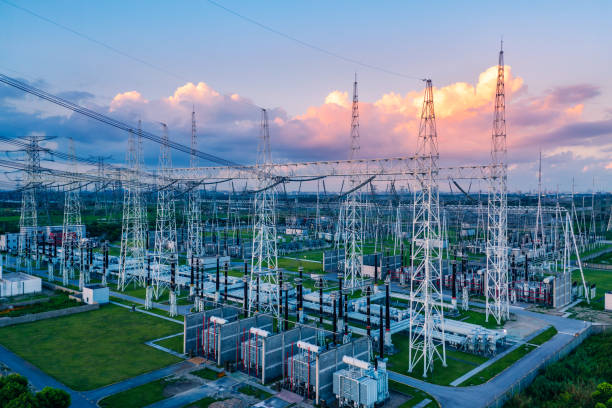Today We want to explain accordingly:-

So to many techniques can control the electricity bill
Here are those ranking
1:we can control electricity bill that by shutting down everything from 6pm to 11pm because this is called pick hours it has a double unit charge so we must be careful in this
2. we buy Air Conditioner inverter this will make Electricity less expensive
Reducing your electricity bill requires a combination of energy-efficient habits and home improvements. Here are some tips to help you lower your electricity costs:
- Switch to LED Lighting: Replace incandescent and CFL bulbs with energy-efficient LED bulbs. LEDs consume significantly less energy and last longer.
- Unplug Devices: Many devices consume electricity even when turned off (phantom power). Unplug chargers, appliances, and electronics when not in use or use power strips to easily disconnect multiple devices at once.
- Use Energy-Efficient Appliances: Look for the ENERGY STAR label when buying new appliances. These appliances are designed to consume less electricity.
- Adjust Thermostat: Set your thermostat to an energy-efficient temperature. In the winter, lower the thermostat a few degrees, and in the summer, raise it a few degrees. Consider using a programmable thermostat to automatically adjust the temperature when you’re not at home.
- Seal Leaks: Ensure your home is well-insulated and seal any gaps or leaks around doors and windows. Proper insulation can help maintain a comfortable temperature with less heating or cooling.
- Maintain HVAC System: Regularly clean and maintain your heating, ventilation, and air conditioning (HVAC) system. Dirty filters and clogged ducts can make your system work harder and consume more electricity.
- Use Natural Light: Open curtains or blinds during the day to let in natural light instead of relying on artificial lighting.
- Upgrade to Energy-Efficient Windows: If possible, replace old, inefficient windows with energy-efficient ones that provide better insulation.
- Limit Use of Space Heaters and Air Conditioners: These appliances consume a significant amount of energy. Use them sparingly and consider other heating or cooling options when possible.
- Run Full Loads: When using appliances like washing machines and dishwashers, make sure you have full loads to maximize efficiency.
- Reduce Water Heater Temperature: Lower your water heater’s temperature to 120°F (49°C). This is sufficient for most household needs and reduces energy consumption.
- Cook Efficiently: Use energy-efficient cooking methods like microwave ovens, pressure cookers, and toaster ovens. Match pot and pan sizes to burner sizes when using the stovetop.
- Optimize Refrigerator and Freezer: Keep your refrigerator and freezer at the recommended temperatures and ensure the door seals are tight. Clean coils regularly to maintain efficiency.
- Install Solar Panels: If possible and financially viable, consider installing solar panels on your property to generate your own electricity and reduce your reliance on the grid.
- Monitor Usage: Invest in a home energy monitoring system to track your electricity consumption and identify areas where you can make improvements.
- Time-of-Use Plans: Check with your utility company to see if they offer time-of-use plans. These plans charge different rates for electricity depending on the time of day. Shifting energy-intensive tasks to off-peak hours can save money.
- Behavioral Changes: Encourage energy-efficient habits among your family members, such as turning off lights when leaving a room, using appliances mindfully, and reducing unnecessary energy usage.
- Energy Audit: Consider hiring a professional to conduct an energy audit of your home. They can identify specific areas where you can make improvements.
Reducing your electricity bill often involves an upfront investment in energy-efficient appliances and home improvements, but over time, these changes can result in significant savings while also benefiting the environment.
0 Comments